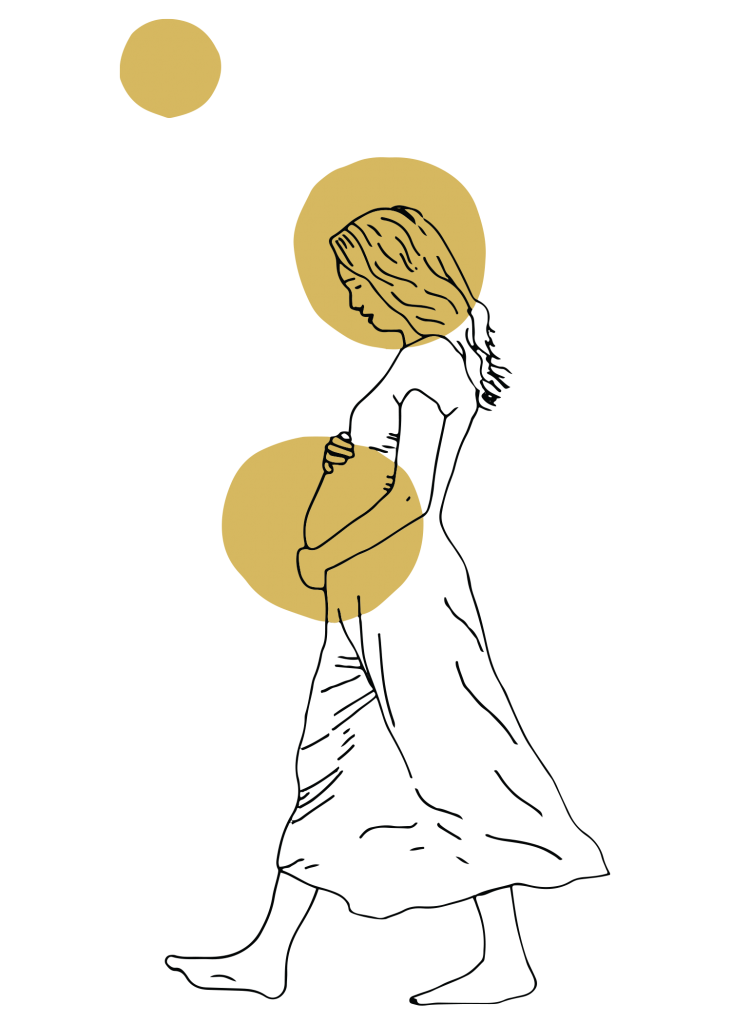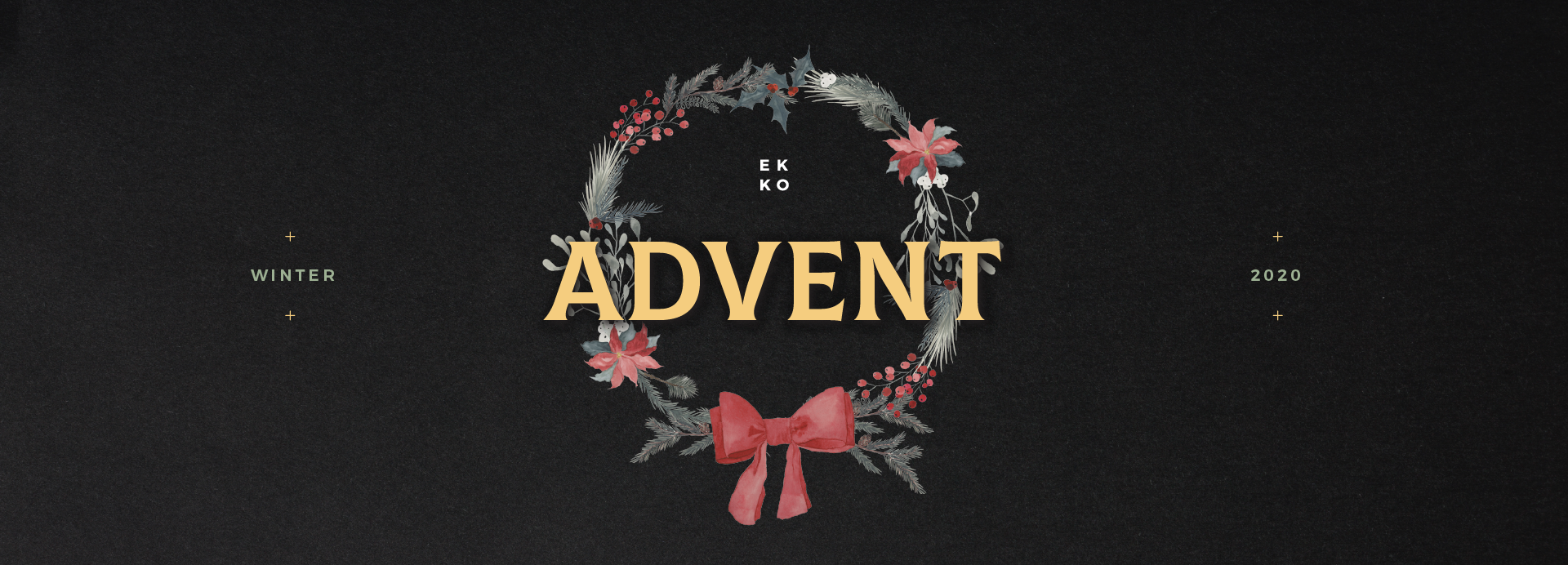Every holiday season, my family celebrates Christmas by joining the rest of our relatives (usually 25 people strong) at my uncle’s house in Corona. It’s usually an all-day occasion where we eat a hodgepodge of Korean and American food, rant about how difficult it is to raise Korean children immersed in a western society, and practice the time-honored tradition of discussing which hypothetical RV we should purchase for our hypothetical cross country road trip. But like many families this year, our holiday traditions had to take a hiatus for 2020.
The COVID-19 pandemic, racial and political strife, and the disorientation of our normal everyday rhythms; all these issues find us, intensified, right here during the holidays. So while going through the Advent season this year, it was difficult to have a glimpse of what Hope, the coming of the Messiah, Emmanuel (“God with us”) would look like while our nation is hurting, while our community is hurting, while I’m hurting.
So as I reflect on the times surrounding Jesus’s birth, it’s hard not to see it through the lens of what we’re going through today. We find Mary and Joseph in dire straits as King Herod searches for and attempts to kill their child. He goes insofar as to make a decree to execute all first born males in the land. It forces Joseph, Mary, and Jesus to flee to Egypt and live as refugees, ironically in a land where God had delivered His people from before. We see a similar situation occurring right here in our backyard: a humanitarian crisis at our borders as parents and children are forcibly separated, leaving hundreds of children unattended, many of whom are still seeking to reunite with their families. Globally, we see the pandemic raving countries; nationally, we see a deeply polarized nation amid the contentious elections, protests and violence—people are exhausted.

Imagine the struggles of Jesus’ very own mother as she is given a weighty promise—a virgin who will bear a child who would become the Messiah. Mary’s reputation was on the line because she was a betrothed woman who is also pregnant with a child not from her future husband. Joseph even tries to quietly divorce her until the angel of the Lord speaks to Him. I resonated with Pastor Bryan’s thoughts that Mary could have felt confused and anxious at the prospect of danger and death.
In early April, while entering my third trimester of pregnancy, my COVID-19 test came back positive. I contracted it from my workplace—a few weeks before I would be taking my maternity leave. During my several weeks of isolation, I worried and prayed that nothing would happen to my child. I remember crying out to God asking for protection and couldn’t help but feel shame for contracting this virus. I felt powerless as I felt my child’s life was in His hands, that all control was stripped away from me.
It is exactly in this tension that Jesus injects himself into the narrative. As Pastor Bryan said, “God came, not over and against dark times, but into it.” Jesus’s birth informs us that He Himself did not circumvent around this darkness, but was thrust into all the pain, the mess, the despair.
“Dark times is the womb in which His Son and His Plans are birthed. That’s why Christians adorn the darkness instead of avoiding it.”
— Pastor Bryan Kim
We adorn the darkness because Jesus Himself is the Light that is with us.
We adorn the darkness because we can celebrate what it meant when Jesus came into this broken world.
The coming of Jesus shows us that though we are blighted by the sin that abounds in the world and in us, He comes to save. With this in mind, we can process the negatives with the positives—sorrows and joys, afflictions and gratitude, lament and healing, death and resurrection.
And yes, He is present and active in all of those moments! He understands all of our temptations, trials, and laments because He himself came and lived in human form. He is with us in our mess, but also has the power to pull us through to glory.
Society’s desire for a utopian world, especially in our Post-Christian culture, tells us we need to avoid the dark and strive to live only on the other side of it. However, the darkness can also be a place where we can finally get in touch with our humanity, where we remember that Christ has come in human form to empathize with our weaknesses and has been tried in every way. We may be brought low, rendered powerless and stripped of pretenses… However, it is in this place we are offered an opportunity to rework the very foundation of how we find ourselves with Emmanuel.
What are these times of pain, lament, and unwelcome situations that you find yourself in?
What are some of these areas of mess and despair in which you would like to invite God into?
Take a moment to slow down, pause, and imagine God being present with you in those moments.
Even though Jesus entered into our broken world, God’s loving gaze was fixated on him, unwavering. Can we also dare to trust that God is with you and me in the middle of crisis?
Janie Yoo is an occupational therapist who serves as a part of the Orphan Care Ministry at EKKO. She and her husband, Steve, recently welcomed their son Jonah to the world. She also attends Portland Seminary, studying for her Master of Arts in Spiritual Formation.
The artwork used today was from Scott The Painter. Used with permission.
